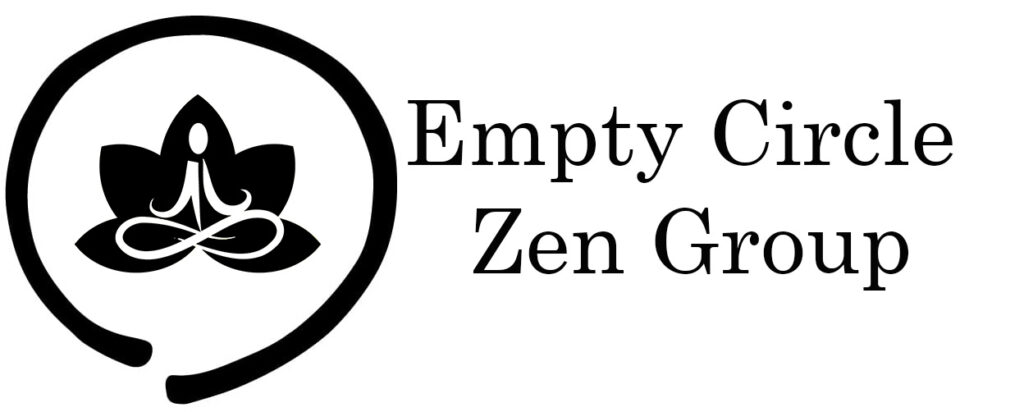What Are the Three Poisons?
The Three Poisons—greed, hatred, and ignorance—are considered the root causes of suffering. These mental states drive our unwholesome actions and create cycles of stress, frustration, and dissatisfaction. By recognizing and transforming these poisons, we can cultivate a more balanced and peaceful life. Let’s explore how each of these poisons manifests in daily life and what we can do to overcome them.
1. Greed (Lobha)
Greed arises from a desire for more—more wealth, status, pleasure, or possessions. While desire can motivate growth, greed takes it to an extreme, leading to dissatisfaction and attachment. It’s the feeling of “never enough.”
How Greed Manifests: Overspending, hoarding, constant comparison with others, and obsession with material wealth.
How to Transform Greed: Practice generosity and gratitude. Acts of giving remind us that joy comes from sharing rather than hoarding. Mindfulness helps us recognize moments of craving and reframe our desires into appreciation for what we already have.
One effective method for overcoming greed is the practice of “letting go.” This means consciously releasing attachment to material possessions or desires. For example, decluttering your living space and donating items you no longer need fosters a sense of freedom. Minimalism, in particular, encourages people to live with only what is necessary, helping them focus on experiences and connections rather than material wealth.
2. Hatred (Dosa)
Hatred manifests as anger, resentment, or aversion toward people, situations, or even ourselves. It clouds our ability to see clearly and leads to conflicts and emotional suffering. Left unchecked, hatred can harm our mental health and relationships.
How Hatred Manifests: Holding grudges, outbursts of anger, judgmental thinking, and feelings of resentment toward others or oneself.
How to Transform Hatred: Cultivate compassion and patience. When anger arises, pause and breathe deeply. Reflect on the source of your frustration and see if it’s based on unmet expectations. Loving-kindness meditation (Metta) is a powerful tool to transform feelings of hatred into compassion for oneself and others.
Another practical method is perspective-shifting. When we view others through the lens of empathy, we begin to understand their struggles, which helps soften feelings of resentment. If someone cuts you off in traffic, instead of reacting with anger, consider that they may be in a rush due to an emergency. This shift in perspective diffuses anger and fosters patience.
3. Ignorance (Moha)
Ignorance is the lack of understanding or awareness of reality. It’s the “not knowing” that drives greed and hatred. Ignorance keeps us trapped in cycles of suffering because we fail to see things as they are.
How Ignorance Manifests: Believing in false assumptions, living on “autopilot,” or being unaware of our actions’ impact on others and ourselves.
How to Transform Ignorance: Develop wisdom through education, reflection, and mindfulness. Self-inquiry and meditation reveal the root of ignorance, allowing us to question false beliefs. Learning from mentors, reading insightful books, and reflecting on personal experiences can shift our understanding and open the door to greater clarity.
Meditation is a powerful tool to combat ignorance. By observing our thoughts, we gain insight into unconscious patterns and beliefs. Over time, we learn to recognize illusions, letting go of false ideas that cloud our understanding. Consistent meditation practice builds self-awareness, clarity, and insight, allowing us to see the world with greater accuracy.
Recognizing the Three Poisons in Yourself
Self-awareness is key to overcoming the Three Poisons. Begin by observing your daily thoughts and actions. When you notice feelings of greed, anger, or confusion, pause and ask yourself: “What’s triggering this reaction?” By identifying the root cause, you’re better able to shift your mindset and respond mindfully rather than react impulsively.
Keep a daily journal to record moments of greed, hatred, or ignorance. Write down the triggers and your responses. Over time, you’ll notice patterns and can make intentional changes to break free from these tendencies. Reflection creates a deeper understanding of yourself and the nature of your reactions.
Transforming Harmful Emotions
Transformation doesn’t happen overnight, but small, intentional actions create big changes. Instead of suppressing emotions, bring awareness to them. If anger arises, take a mindful breath and recognize it without judgment. This simple act creates space between your emotions and your reaction, allowing you to choose a response that aligns with your values.
Self-compassion is also vital. When you recognize your flaws with kindness instead of criticism, you’re more likely to change unwholesome behaviors. Remember that everyone faces struggles with greed, hatred, and ignorance—you’re not alone. Treat yourself with patience and compassion as you work toward transformation.
Interrelation with Karma
The Three Poisons are deeply linked to karma. Every action driven by greed, hatred, or ignorance creates unwholesome karma, leading to negative outcomes. Conversely, actions rooted in generosity, compassion, and wisdom create wholesome karma, resulting in positive experiences. By understanding this connection, you’re more likely to choose wholesome actions that create a ripple effect of positivity in your life and the lives of others.
By focusing on generosity, compassion, and wisdom, you can directly influence your karma. Practice daily acts of kindness, approach conflicts with empathy, and seek knowledge to overcome ignorance. This shift in behavior not only improves your karma but also transforms your well-being and relationships.
Conclusion: The Path to Freedom from the Three Poisons
The Three Poisons—greed, hatred, and ignorance—are the root causes of suffering. By recognizing their influence in our daily lives, we gain the power to transform them. With generosity, compassion, and wisdom, we create a path to inner peace and lasting well-being. Reflect on how these poisons show up in your life and take one step today to break free from their grip. Practice mindfulness, offer kindness, and seek wisdom to live a more peaceful, compassionate life.
Author
-

David Schmelzer is a Dharma teacher known for his compassionate and accessible approach to mindfulness and spiritual growth. Drawing on years of experience in both Eastern and Western contemplative traditions, David guides students toward cultivating inner peace, resilience, and a deeper connection to the present moment. He is committed to fostering a welcoming space for all, blending ancient teachings with insights for modern life. Through his teachings, David encourages the development of equanimity and compassion, empowering individuals to embrace life’s challenges with a calm mind and an open heart.
View all posts


